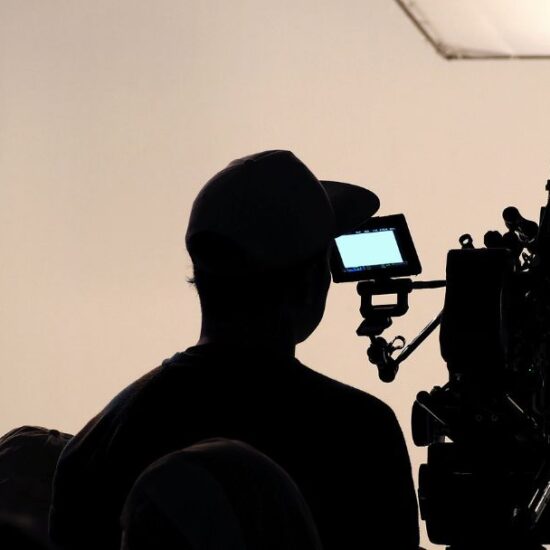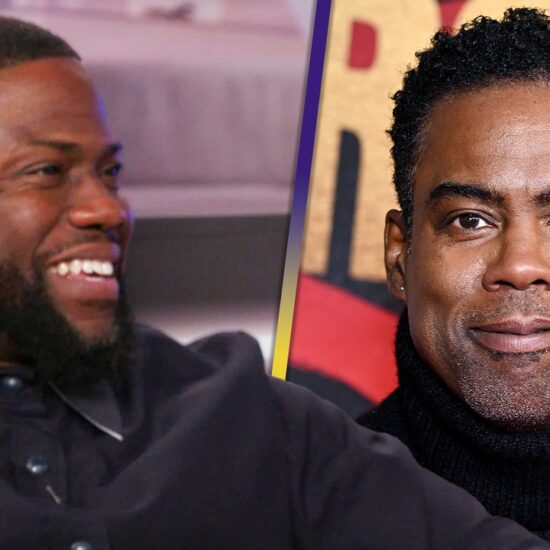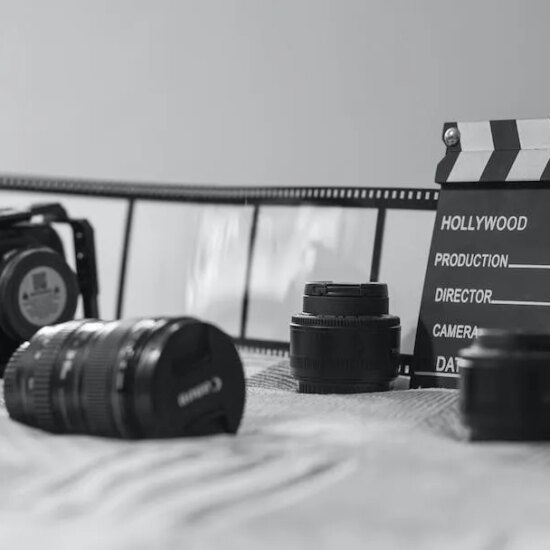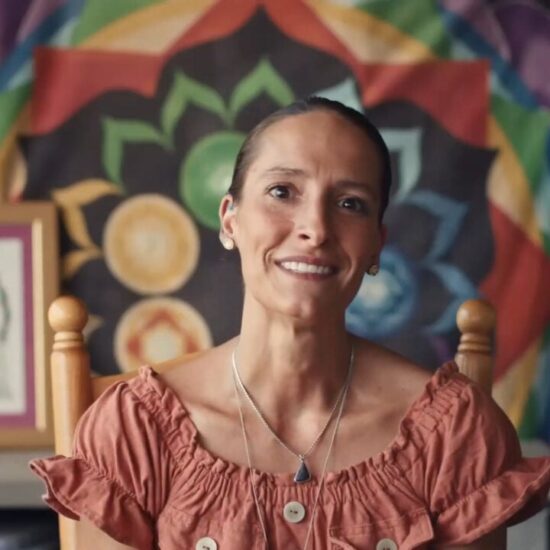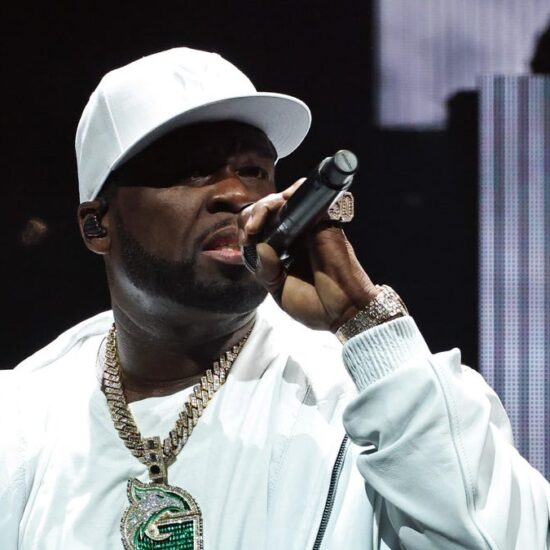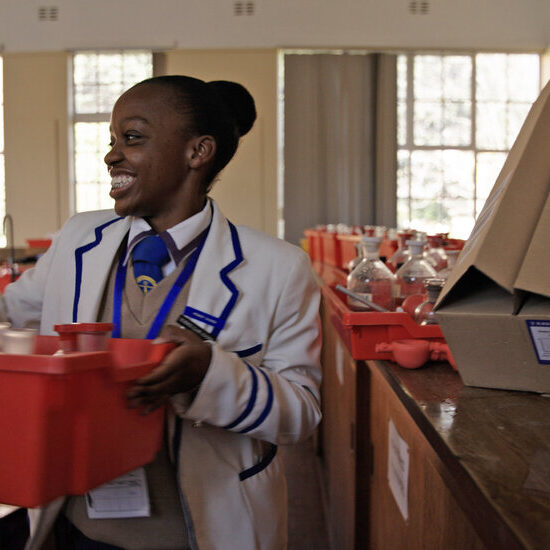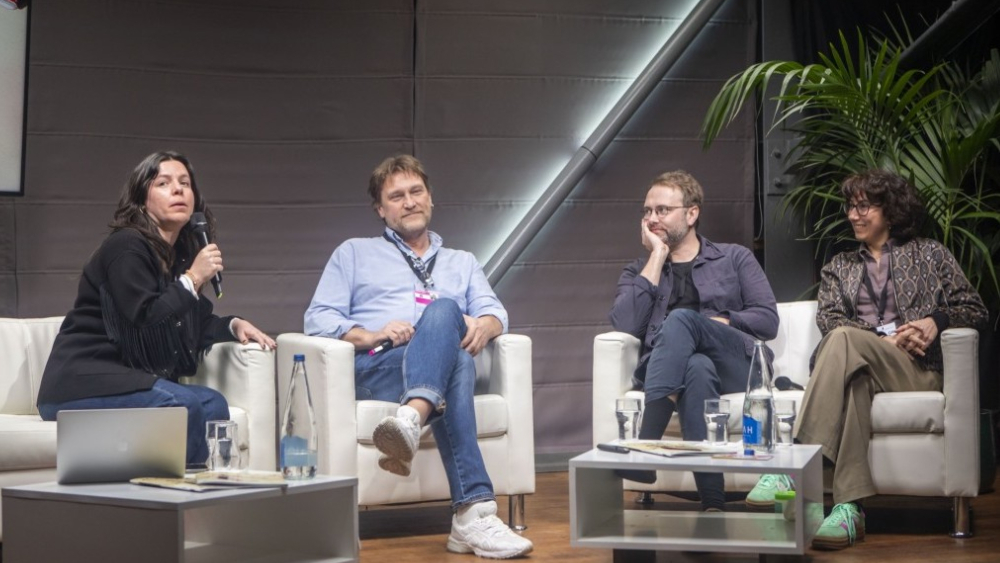
For a field that has often blurred the line between cinema and anthropology, documentary filmmakers have long set off for foreign lands, lured by the prospect of “discovering” some seemingly untold story, set against an exotic backdrop that is all but certain to attract audiences and funding bodies alike. Rarely in the past have filmmakers from the West questioned the entitlement that enables them to tell those stories, or whether those communities have the right to share their own story in their own way.
“For a very long time, this has just been an acceptable practice,” said Selin Murat, markets manager at the International Documentary Film Festival Amsterdam (IDFA), during a panel discussion Tuesday at the Thessaloniki Intl. Documentary Festival. “There has been a pervasive idea that you can tell whatever story you want without understanding the sociopolitical dynamics at play.”
As the industry has begun to train the lens on itself in recent years, however, documentary filmmakers are raising questions about the ethics behind those long-standing practices — and increasingly calling for a rethink. “If we understand that documentary filmmaking is a very important tool in social development, in human rights issues, we have to change our approach,” said Alex Shiraieff, of the Baltic to Black Sea Documentary Network (B2B Doc).
Tuesday’s panel in Thessaloniki focused on how to create a more equitable framework for filmmakers outside the traditional power centers of European film finance, particularly when many rely on European partners to get their documentaries made. “Traditional co-production forms are not functioning anymore, and we really don’t know what to do,” Shiraieff said.
Shiraieff’s organization works with filmmakers from Belarus, Ukraine, Moldova, Georgia, Armenia and Azerbaijan, many of whom “have to work with the so-called ‘experienced’ filmmakers in Europe, producers and directors who would like to co-produce films with our region,” he said.
That invariably creates a power imbalance in which those filmmakers are relying on production partners who are able to raise financing but might lack understanding of the economic, social and political realities in which they’re forced to work.
Zeynep Guzel, an independent producer and consultant and head of talents at Berlinale Doc Station, cited a “lack of empathy” from foreign producers working with filmmakers in countries whose industries are less developed. She said more work needs to be done to create solutions that allow filmmakers from radically different production environments to meet on a level playing field. “In an equitable space…we are making decisions to collaborate with each other on equitable terms at all times,” added Murat.
One way forward has been proposed by the Documentary Convention, which established a framework for a “fair co-production” model after a gathering of industry professionals in Leipzig in 2018 and 2019. The organization put forth a series of questions for filmmakers to ask before entering into a co-production agreement, a checklist designed to help partners set and define the expectations of their collaboration while sidestepping potential friction over issues ranging from cultural differences to contract disagreements.
One question that looms large is how to create an equitable revenue-sharing agreement when a co-producer from the Global North is inevitably contributing a greater part of the financing.
Traditionally, said Murat, a producer contributing the lion’s share of the funding would also retain a lion’s share of the copyright and financial returns — a fact that “sustains this unequal balance of power in these co-production relationships.
“Even if you can never get to 50-50 in the financing, the fair co-pro says we value the quality of this work, and the creativity, and what you bring to the table,” she continued, calling for filmmakers to reimagine a system that has persisted not out of any binding legal or financial structures but out of the circular logic that old habits die hard.
“Everything is negotiable. There are only traditions, no rules. Everything can be discussed, and the value of your work is not just the money you bring [to the co-production],” she added.
“Don’t sit at the meeting [with foreign financiers] and feel like this is my only chance to get the money,” agreed producer Thomas Kaske, echoing the conversations he has with filmmakers from outside of Europe. “You have stories which German [and other European] filmmakers are lacking. You bring something to the table. And if they don’t like it, you will find [other] allies.”
Pictured (from L. to R.): Selin Murat, Alex Shiraieff, Thomas Kaske, Zeynep Guzel








